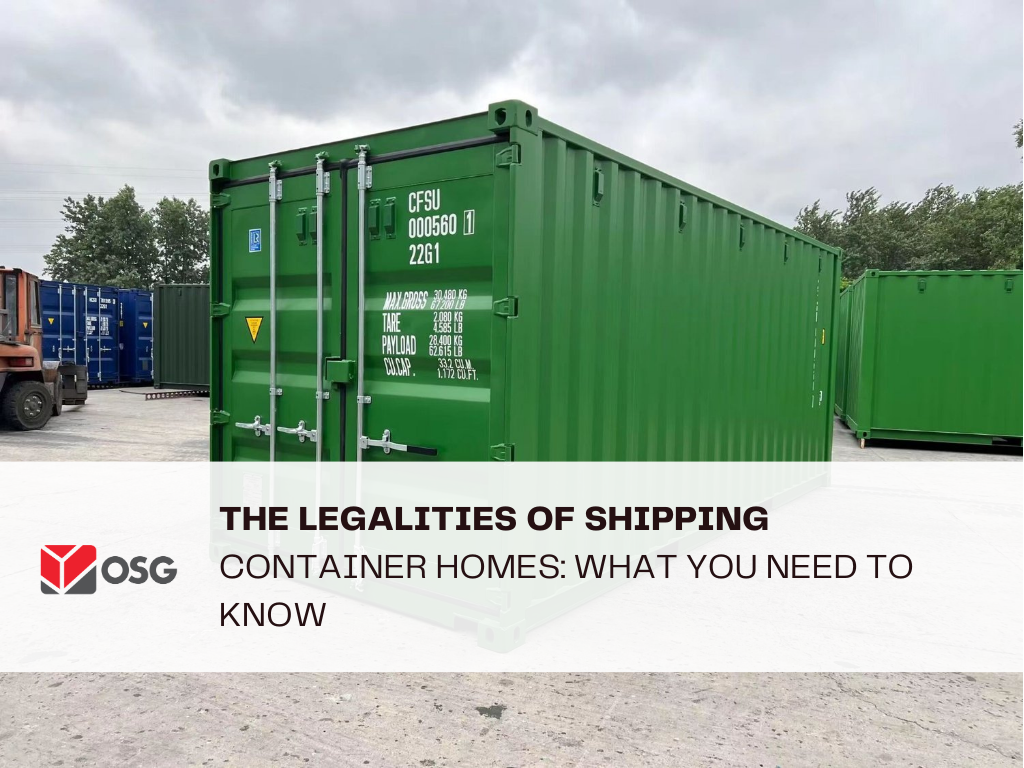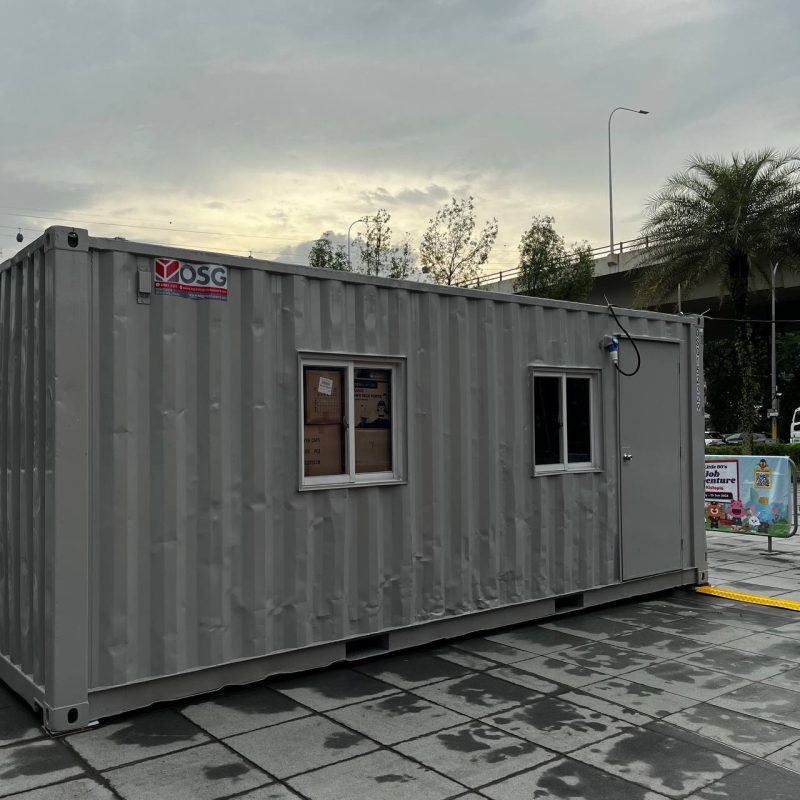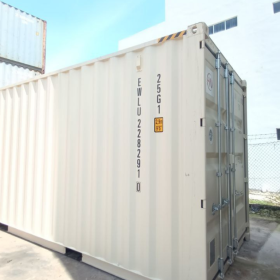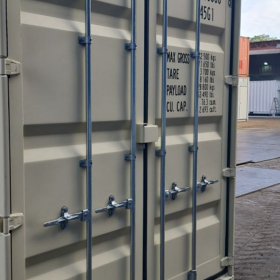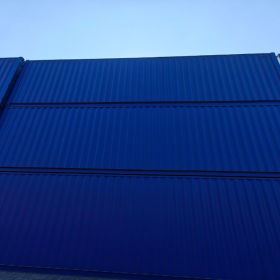The Legalities of Shipping Container Homes: What You Need to Know
Shipping container homes are gaining popularity as a modern and sustainable alternative to traditional housing. Their versatility, affordability, and eco-friendliness make them an attractive option for many. However, before you embark on the journey of building or purchasing a shipping container home, it’s crucial to understand the legalities involved. Navigating these regulations can be challenging, but it’s essential for ensuring that your container home meets all legal requirements and is safe to live in.
Zoning and Land Use Regulations
The first step in addressing the legalities of shipping container homes is to understand zoning and land use regulations in your area. Zoning laws vary significantly from one municipality to another and can dictate how land can be used. Some areas may have specific zoning codes that pertain to container homes, while others may not address them directly.
- Check Local Zoning Codes: Contact your local planning department or zoning office to determine if there are any restrictions or requirements for container homes. Some places may have zoning codes that only allow container homes in certain districts or require a special permit.
- Land Use Restrictions: Ensure that the land you plan to build on is designated for residential use and complies with any land use restrictions that may apply to shipping container structures.
Building Codes and Permits
Shipping container homes must adhere to local building codes to ensure safety and structural integrity. Building codes set the minimum standards for construction and can vary by region. It’s essential to comply with these codes to avoid potential legal issues and ensure that your home is safe to live in.
- Obtain the Necessary Permits: Before starting construction, you’ll need to apply for and obtain the necessary building permits. This process typically involves submitting detailed plans and specifications for your container home to the local building authority.
- Adhere to Building Codes: Make sure that your container home meets all relevant building codes, including those related to structural integrity, electrical systems, plumbing, and fire safety. You may need to hire a licensed contractor or architect familiar with container home construction to help ensure compliance.
Health and Safety Regulations
In addition to building codes, health and safety regulations are critical for ensuring that your shipping container home is safe and habitable.
- Ventilation and Insulation: Proper ventilation and insulation are essential to maintain indoor air quality and comfort. Ensure that your container home has adequate ventilation systems and insulation to meet local health and safety standards.
- Fire Safety: Shipping container homes must meet fire safety regulations, which include having appropriate fire-resistant materials and installing smoke detectors and fire alarms. Additionally, fire escape routes and emergency exits should be planned and executed according to local codes.
Property Taxes and Insurance
Owning a shipping container home may affect your property taxes and insurance requirements. It’s important to understand these aspects to avoid any surprises.
- Property Taxes: Check with your local tax assessor to determine how shipping container homes are assessed for property taxes. In some cases, container homes may be assessed differently than traditional homes.
- Insurance: Finding insurance coverage for a shipping container home may be more challenging than for a conventional home. Speak with insurance providers who have experience with container homes to ensure that you have adequate coverage for potential risks.
HOA and Community Regulations
If you plan to place your shipping container home in a community governed by a homeowners’ association (HOA) or similar entity, you’ll need to review their regulations and guidelines.
- HOA Rules: Some HOAs have specific rules about the types of structures allowed within the community. Review the HOA’s guidelines to ensure that shipping container homes are permitted and understand any additional requirements or restrictions.
Environmental and Sustainability Considerations
Shipping container homes are often praised for their eco-friendliness, but there may be additional regulations related to environmental sustainability.
- Waste Management: Ensure that your construction and waste management practices comply with local environmental regulations. Proper disposal of construction materials and minimizing environmental impact are essential for sustainability.
- Energy Efficiency: Consider incorporating energy-efficient features into your container home to align with green building standards and potentially benefit from any available incentives or rebates.
Conclusion
Building or purchasing a shipping container home involves navigating a complex landscape of legalities and regulations. By thoroughly researching and complying with zoning codes, building codes, health and safety regulations, property taxes, HOA rules, and environmental considerations, you can ensure a smooth and legally compliant process.
Before moving forward with your shipping container home project, it’s advisable to consult with legal and construction professionals who are experienced in this niche field. With the right preparation and guidance, you can enjoy the benefits of a unique and sustainable home while staying within the bounds of the law.

